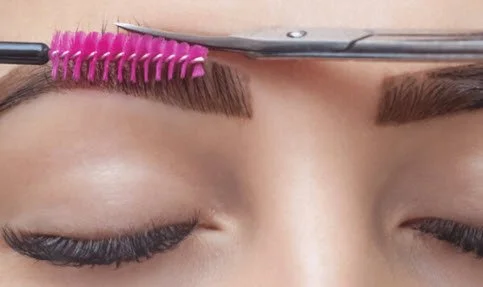Self-Care and Good Hygiene: Pillar 6 Beauty Routine
Hygiene is a fundamental aspect of self-care, forming Pillar 6 of the 7 Pillars of Self-Care. Establishing strong hygiene habits is not only beneficial for maintaining physical health but also plays a significant role in fostering self-confidence and beauty routines. The cornerstone of hygiene begins with your hands, making handwashing an indispensable practice for overall well-being.
Handwashing is recommended universally and should be practiced before and after every routine. Using soap and water for at least twenty seconds, followed by thorough drying, ensures the removal of bacteria, viruses, and dirt. This simple act is crucial for preventing illnesses, particularly digestive issues. Despite access to clean water in developed nations, many still face health challenges due to poor hygiene practices. Governments and organizations should prioritize access to clean water and educate individuals on the importance of hygiene to combat such issues.
🧼 What Is Good Hygiene?
Good hygiene involves promoting and maintaining cleanliness and health through various habits and practices. These include:
Personal Hygiene: Maintaining personal cleanliness through activities such as regular bathing, brushing teeth, and frequent handwashing. These practices help remove sweat, dirt, and bacteria from the skin, keeping you fresh and healthy.
Environmental Hygiene: Cleaning your surroundings regularly by disposing of trash, washing surfaces, and disinfecting commonly touched objects like doorknobs and light switches. A clean environment reduces exposure to germs and fosters a healthy lifestyle.
Food Hygiene: Safely handling food by washing hands before and after preparation, cooking food thoroughly, and properly storing it. Rinsing fruits and vegetables to remove insecticides and contaminants is vital to preventing foodborne illnesses.
Respiratory Hygiene: Covering your mouth when coughing or sneezing, wearing masks when sick, and avoiding touching your face unnecessarily. These habits protect both you and others from respiratory infections.
Menstrual Hygiene: Maintaining cleanliness during menstruation by using appropriate sanitary products and washing regularly. Proper menstrual hygiene is essential for comfort and health during this period.
Governments should allocate resources to provide clean water for all and promote education on the importance of hygiene practices. This twofold approach can significantly reduce health problems related to poor sanitation.
🚿 Key Hygiene Habits for Overall Health
To live a healthy and fulfilling life, consider incorporating these crucial habits:
Wash your hands regularly, especially before eating, after using the restroom, and after contact with sick individuals.
Brush your teeth after meals to prevent cavities and maintain oral health.
Shower frequently to eliminate dirt, sweat, and bacteria from your skin.
Change your clothes daily, particularly after exercise or strenuous activities.
Wash your clothing to ensure it remains clean and bacteria-free.
Disinfect high-touch surfaces to reduce germ spread.
Dispose of garbage appropriately to keep your environment clean.
By following these hygiene routines, you can enjoy better health, prevent common illnesses, and feel more confident in your self-care and beauty practices.




















